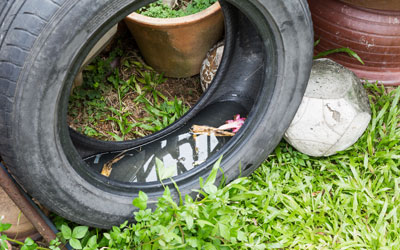 In the middle of the summer, no one wants mosquitoes ruining their outdoor activities. Mosquitoes can breed at a rapid rate. Even worse, they can easily do so right in your backyard if given the chance. Thankfully, there are a number of ways you can disrupt the mosquito breeding cycle and, in turn, keep mosquitoes out of your yard. If mosquitoes lack a suitable area to lay their eggs, they will be forced to look elsewhere.
In the middle of the summer, no one wants mosquitoes ruining their outdoor activities. Mosquitoes can breed at a rapid rate. Even worse, they can easily do so right in your backyard if given the chance. Thankfully, there are a number of ways you can disrupt the mosquito breeding cycle and, in turn, keep mosquitoes out of your yard. If mosquitoes lack a suitable area to lay their eggs, they will be forced to look elsewhere.
The team at Active Pest Control is here to bring awareness to the most common mosquito breeding grounds around your home in the Atlanta GA area.
Common Mosquito Breeding Grounds
Female mosquitoes can produce anywhere from 100-300 eggs at a time, and their life cycle takes just two weeks for larvae to become adults. For this reason, it’s crucial to know how to stop mosquitoes from breeding in your yard. Here are the main areas they will target:
- Birdbaths
- Gutters
- Mud pots
- Tree stumps and wood piles
- Children’s play sets
- Trash cans
- Old tires
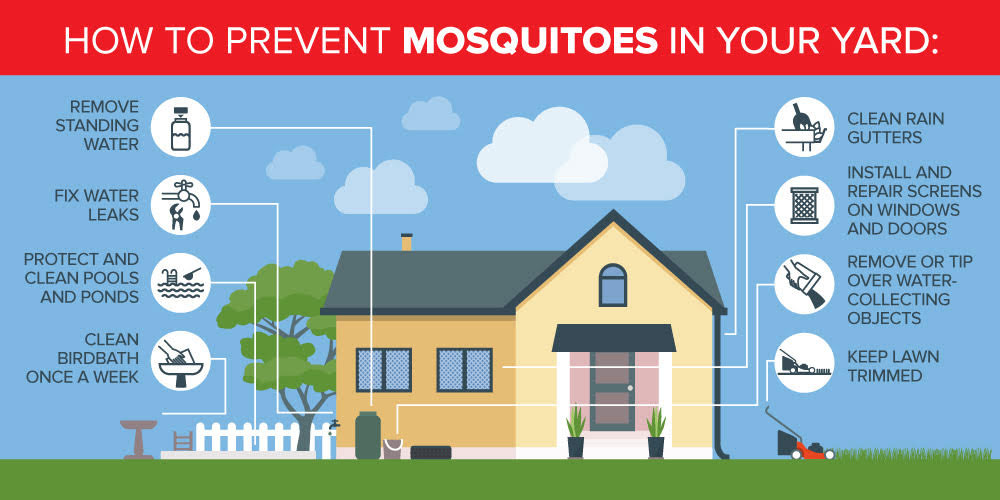
How to Stop Mosquitoes From Breeding
In general, any body of stagnant water on your property will attract mosquitoes and provide females with a spot to lay their eggs. If any of the above items harbor standing water, make sure to routinely dump out the water or place covers on them. Female mosquitoes need just a half inch of water to breed, making it important to stay on top of inspecting areas in your yard for that. In addition, install screens on windows and interior doors of your home, reduce outdoor lighting at night, fix water leaks, keep your lawn trimmed, and use mosquito repellents following the manufacturer’s instructions.
Long-Term Mosquito Prevention
Mosquitoes are pesky and opportunists-they can breed and inhabit areas of your yard you likely wouldn’t expect. It can feel overwhelming to know how to keep mosquitoes out. If you need help eliminating mosquito breeding grounds around your home, contact your local mosquito exterminator. At Active Pest Control, we focus on long-term protection against mosquitoes. Contact us today to learn more!

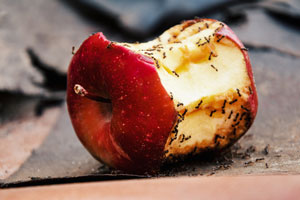 Ants can be a problem year-round, but they tend to show up in overwhelming numbers during the summertime here in the Atlanta area. Although ants aren’t considered as dangerous as other pests, they are the number one nuisance pest in the nation for a reason. They often will appear in your kitchen, bathrooms, and along your floorboards in search for food and shelter. To avoid the frustration of ants in your property, it’s important to learn how to prevent summertime ants.
Ants can be a problem year-round, but they tend to show up in overwhelming numbers during the summertime here in the Atlanta area. Although ants aren’t considered as dangerous as other pests, they are the number one nuisance pest in the nation for a reason. They often will appear in your kitchen, bathrooms, and along your floorboards in search for food and shelter. To avoid the frustration of ants in your property, it’s important to learn how to prevent summertime ants. Bed bugs are certainly one of the most feared pests. Not only does a bed bug infestation cause distress, they can be very difficult to get rid of! There are many
Bed bugs are certainly one of the most feared pests. Not only does a bed bug infestation cause distress, they can be very difficult to get rid of! There are many 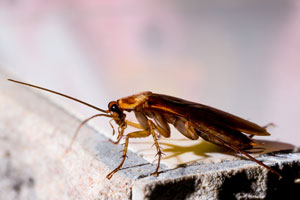 Springtime in Georgia is beloved, but seasonal allergies can be a serious pain. Millions of people suffer from stuffy noses and itchy eyes every year. However, what if it’s more than the trees and blooms causing your flare-ups? Believe it or not, pest allergens are a major trigger for allergies and asthma. Some types of pests, including roaches and dust mites, can be troublesome for people with allergies. May is National Allergy and Asthma Awareness Month! The team here at Active Pest Control is committed to keeping our customers safe from all dangers of pests–allergies included. Read on to learn our top tips for preventing pest allergens in your home.
Springtime in Georgia is beloved, but seasonal allergies can be a serious pain. Millions of people suffer from stuffy noses and itchy eyes every year. However, what if it’s more than the trees and blooms causing your flare-ups? Believe it or not, pest allergens are a major trigger for allergies and asthma. Some types of pests, including roaches and dust mites, can be troublesome for people with allergies. May is National Allergy and Asthma Awareness Month! The team here at Active Pest Control is committed to keeping our customers safe from all dangers of pests–allergies included. Read on to learn our top tips for preventing pest allergens in your home.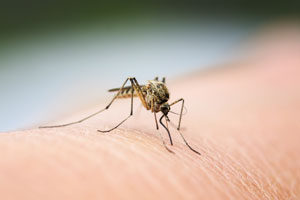 Here at Active Pest Control, we are closely monitoring the Coronavirus Disease 2019 (COVID-19) situation and continue to focus on our commitment to protecting our communities. In the midst of this pandemic, there are endless questions surrounding the nature of the virus, including how it is spread. Data and information is changing daily, but to date, there is no evidence or proof to suggest that
Here at Active Pest Control, we are closely monitoring the Coronavirus Disease 2019 (COVID-19) situation and continue to focus on our commitment to protecting our communities. In the midst of this pandemic, there are endless questions surrounding the nature of the virus, including how it is spread. Data and information is changing daily, but to date, there is no evidence or proof to suggest that  Spring is almost here, which means pests are on their way! While pest problems are a fact of life in Georgia year-round, springtime sees a big fluctuation in pest problems. This is because many pests that are less active throughout the winter are encouraged by warming temperatures to start invading homes again. To keep spring pests out of your property, it’s important to prepare your home now! Keep reading for tips from the experts at Active Pest Control.
Spring is almost here, which means pests are on their way! While pest problems are a fact of life in Georgia year-round, springtime sees a big fluctuation in pest problems. This is because many pests that are less active throughout the winter are encouraged by warming temperatures to start invading homes again. To keep spring pests out of your property, it’s important to prepare your home now! Keep reading for tips from the experts at Active Pest Control.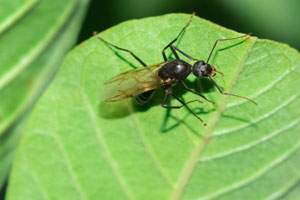 If you think you’ve spotted a termite in or near your home, how can you be so sure it’s not a
If you think you’ve spotted a termite in or near your home, how can you be so sure it’s not a 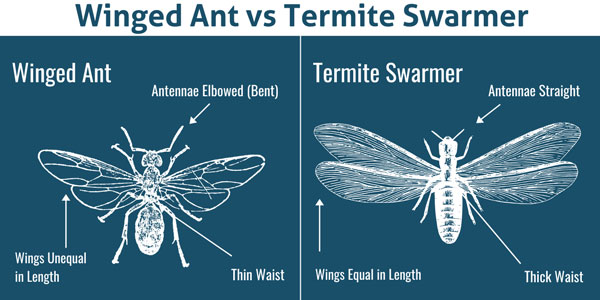
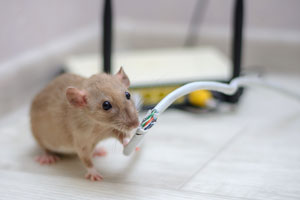 A rodent infestation is any homeowner’s worst nightmare. Not only are they gross and messy—there are many dangers of rodents to be aware of!
A rodent infestation is any homeowner’s worst nightmare. Not only are they gross and messy—there are many dangers of rodents to be aware of! 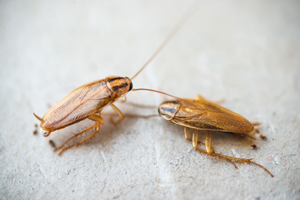 German cockroaches are the most abundant type of roach in the nation. German roaches are the fastest reproducing roach species, which is why they’re the most common type to infest homes and businesses. These cockroach infestations are typical in restaurants, hotels, nursing homes, and more, making it important to know how to identify this pest.
German cockroaches are the most abundant type of roach in the nation. German roaches are the fastest reproducing roach species, which is why they’re the most common type to infest homes and businesses. These cockroach infestations are typical in restaurants, hotels, nursing homes, and more, making it important to know how to identify this pest.